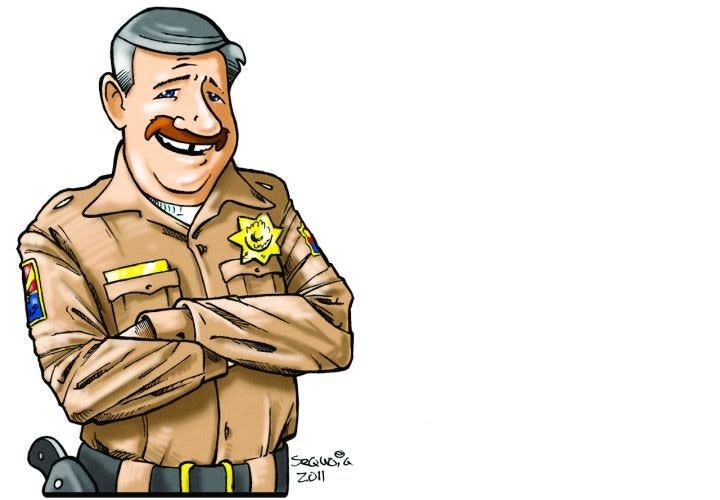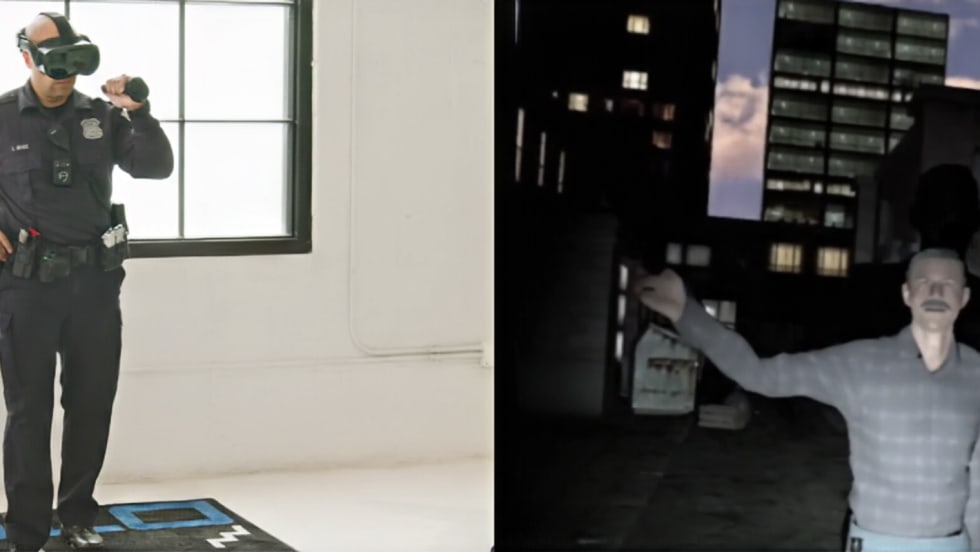First, whenever you are about to carry out any police action, such as drive down an ally, cuff a suspect, do a quick peek, or pull over a violator, ask yourself why you are doing what you are doing. "Why do I cuff quickly and place the subject off balance? Because research found the point of first contact was the trigger for resistance, and I want to be totally prepared." This is "pre-loading" your mind for action; it's cocking your brain, so to speak. Running through the OODA loop in a physical confrontation must occur in fractions of a second, and there is no time to "ramp up" for a struggle when resistance is initiated. Preparation through pre-loading is vital.
I hear all you trainers shouting, "Smith, you are talking about the anticipatory mindset we have been preaching for decades; this is nothing new!" Exactly. I spend a great deal of time reviewing use-of-force videos and talking to winners, and I am passing along the fact that I see those who do well using this mindset, and those caught off guard not using it. The "why or why not exercise" forces us to use our reflective mindset, a mental state of recalling a skill or idea we need in the context of the threat or threats we face.
"Why do I quick peek before rounding a corner?" This is a question that allows us to reflect on the advantage of this tactic, and reminds us how vulnerable we are when we neglect it. If you are not quick peeking anymore, ask yourself, "Why not?" Do you have some special skill that allows you to perceive a threat without looking? Does your body armor make you feel invincible? Has routine "detrained" you so much that your officer safety skills are left in the classroom, or on the mat? If you find you are asking yourself "Why not," then you need to remind yourself about the significant risks you face every day.
When Chuck Remsburg wrote about "preparation not paranoia" almost 40 years ago, he was dead on about where we needed to focus our officer safety training. In all these decades, we have attempted to directly apply training to the reduction of officers killed annually, but this tactic is only as effective as we are in implementing it. The rise of body cameras has given us insight into successes and failures in confrontations, but the coach in me still points at the top performers and says, "Why don't we do it that way?"
And that way is with our minds "psyched" for action, mentally prepared; emotionally strong; continuing to show that our training has truly made a difference, and our long-term performance is composed of competence, confidence, and winning. Do not fail to slice the pie, and then ask yourself, "Why not?" Unless you have the risks controlled with some other resource, you have to silently admit to yourself that you don't really care about yourself or those counting on you.












